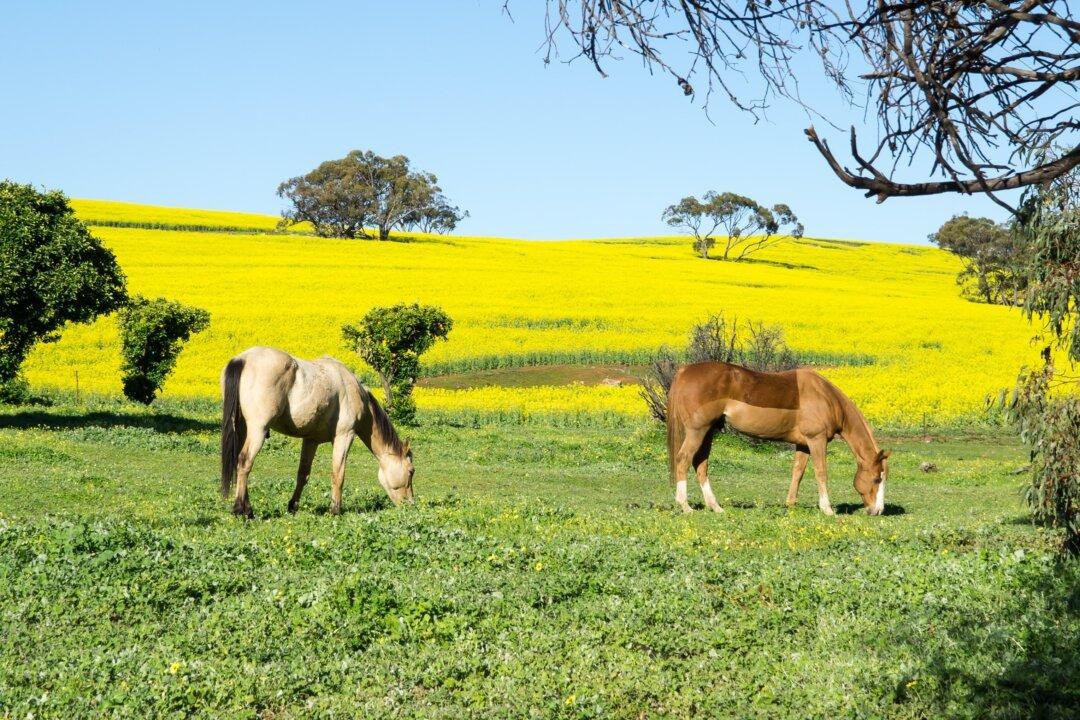The NSW government has been forced to suspend its brumby rehoming program after the discovery of an illegal horse slaughter site in the state’s south.
The Department of Climate Change, Energy, the Environment and Water said on April 26 a probe into the program would take place after public claims concerning the unofficial knackery near Wagga Wagga.





